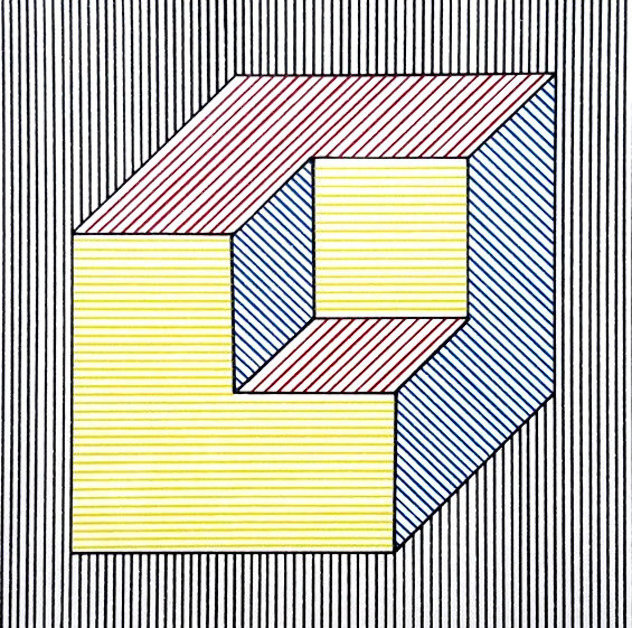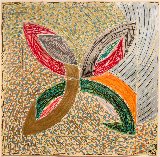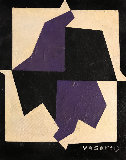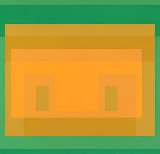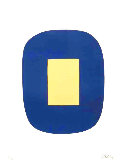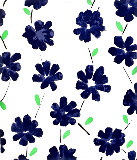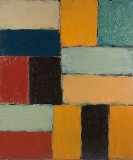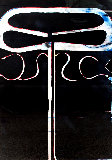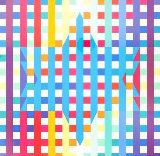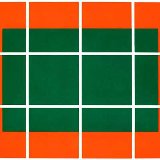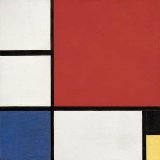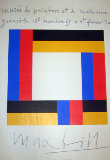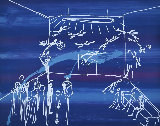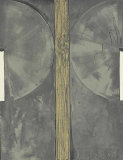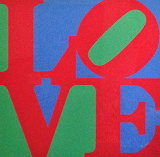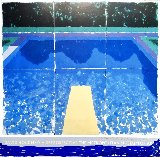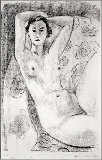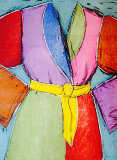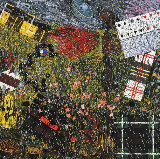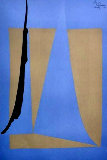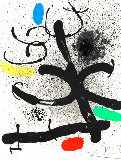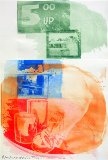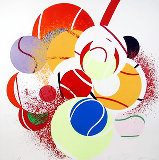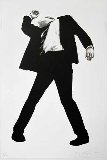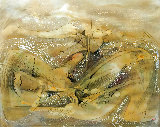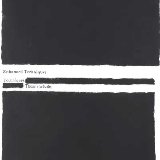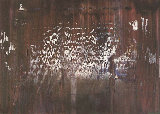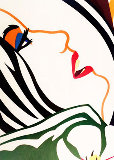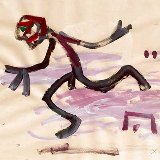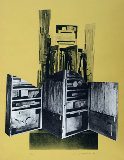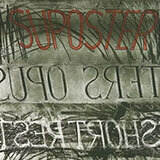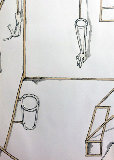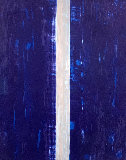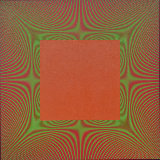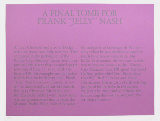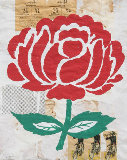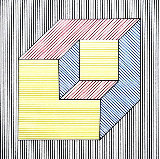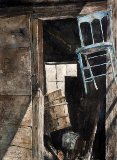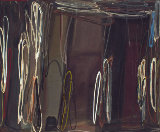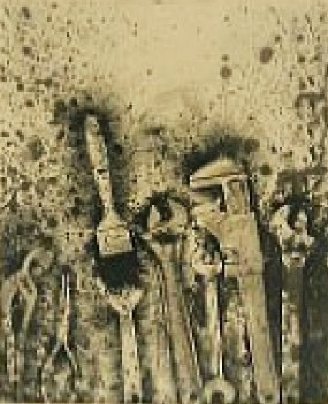
From the Ficciones Suite: Plates #8-10 Triptych 1984
Sol LeWitt
Limited Edition Print : Serigraph on Paper
Size : 6.5x4.5 in | 17x11 cm
Framed : 14.5x24.5 in | 37x62 cm
Edition : From the Edition of 1500, Edition is Not Numbered
Reduced
-
🔥1984 Framed Limited Edition Serigraph Triptych - Inquire - Blue Chip $$$$$$$
Year1984
Hand SignedLower Right in Pencil
Condition Excellent
Framed with PlexiglassBlack Frame w/ White Mat
Purchased fromAuction House 2023
Provenance / History3 Framed Pencil Signed Sol LeWitt Silkscreens from the "Ficciones" suite. Includes Plate #08, Plate #09, and Plate #10. Printed in 1984 and published by The Limited Editions Club in an edition of 1500.
Story / Additional InfoSol LeWitt was a leading figure of Minimalism and pioneer of Conceptual art. Redefining art production by exploring ideas rather than conventional aesthetics, he distilled art to its essentials. Using the cube as a “grammatical device,†LeWitt’s work is characterized by serialization, repetition, and progression, exemplified by his iconic open-grid structures. An excellent example of this is his "Ficciones" suite of black and white prints -- three of which are offered here.
Certificate of AuthenticityArt Brokerage
Additional InformationMotivated
LID165185
Sol LeWitt - United States
Art Brokerage: Sol LeWitt American Blue Chip Artist: b. 1928-2007. Sol LeWitt was born in Hartford, Connecticut in 1928, the son of Russian Jewish immigrants. He was raised by his mother and his aunt following his father's death when he was six. As a child, he enjoyed drawing on the blank sheets of wrapping paper in his aunt's store and attending art classes at the Wadsworth Atheneum. LeWitt completed a traditional art program at Syracuse University in 1949 and served in the Korean War as a graphic artist. In 1953 he moved to New York and held a variety of short-term jobs, including working as a night receptionist at the Museum of Modern Art, while developing alternatives to what he called "the useless ideas of Abstract Expressionism." He began making simple geometric paintings in series, which became the basis of his art. In the early 1960's, LeWitt extended these ideas to three- dimensional wooden forms or "structures." Bothered by their inconsistencies, he stripped the wooden skin off these structures to reveal the sculpture's skeletal core. He also developed a prescribed ratio that he followed, which determined the amount of open space versus the amount of support structure in each piece. This focus on highly conceptual relationships, with increasing complexity and variation, has continued to guide his work as a sculptor. The cube provided a particularly rich form for this kind of exploration and has been the focus of his attention for decades. He has been equally concerned with expanding the parameters of two-dimensional work, creating drawings and paintings that are applied directly to the wall and that transform entire architectural environments. Listings wanted.







